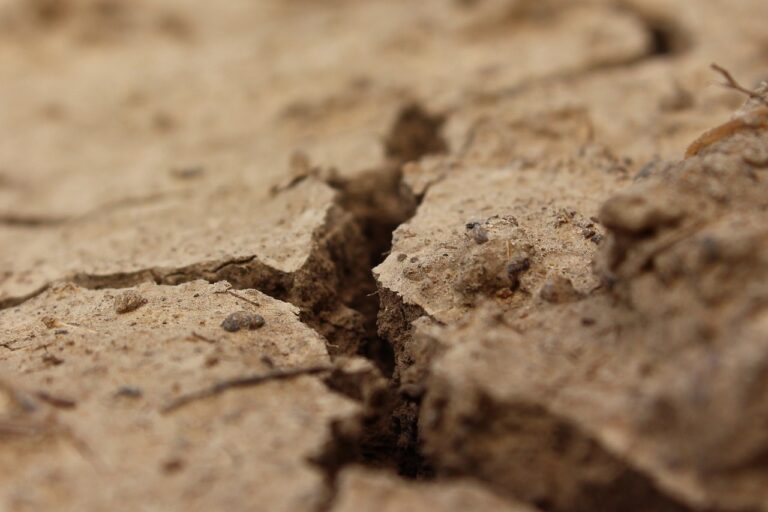A special edition of the Global Assessment Report (GAR 2023), released by the UN Office for Disaster Risk Reduction (UNDRR) during the UN High-level Political Forum on Sustainable Development, reveals that hard-won economic and development gains are in danger from the growing number of environmental disasters, with global warming the prime contributor.
The report, Mapping Resilience for the Sustainable Development Goals, was developed over two years with the involvement of over 90 authors and experts from the UN, research institutions and government agencies, including the UN Development Programme (UNDP) and NASA.
It presents new analysis mapping how disasters such as drought are dramatically rising, with knock-on effects on global food security, employment and education. Droughts have already resulted in two billion people living under water stress and an 80% increase in the risk of crop failure and hunger in sub-Saharan Africa and Southeast Asia.
The impacts cascade onto the labor market as temperatures rise and it simply becomes too hot to work. Labor productivity is halved at 34°C and the equivalent of an estimated 80,000,000 full-time jobs will be lost if the world surpasses 1.5°C of warming, pushing ever-greater numbers of people into poverty.
Heat waves, often referred to as the ‘silent killer of climate change’, are increasing and are among the most impactful hazards, particularly in tropical and subtropical climates such as India. In 2020, UNICEF estimated that 820,000,000 children were already exposed to heat waves.
Climate impacts also led to 920,000,000 children being exposed to water scarcity in 2020, a major hazard driving displacement. Last year, extreme weather events, such as the Pakistan floods and the Horn of Africa drought, left 12,000,000 children homeless in countries with some of the world’s lowest literacy rates.
“We risk an unlivable future if we don’t start seriously investing in resilience,” said Mami Mizutori, Special Representative of the UN Secretary-General for Disaster Risk Reduction and the head of UNDRR.
“This report demonstrates that action is possible in every region, but it shows that countries must transform how they measure, understand and act on risk, and invest in prevention, resilience and adaptation,” said Amina Mohammed, Deputy Secretary-General of the UN.
GAR2023 highlights how resilience can be strengthened so that communities can better withstand and respond to shocks. This includes investments in early warning systems where the benefits triple in vulnerable contexts because of their proven ability to reduce damage. In East and Northeast Asia, for instance, early warning systems would reduce disaster losses by an estimated US$67bn a year.
The report also offers examples that countries can learn from, such as the Cidanau Watershed in Indonesia, which introduced payments to farmers to conserve biodiversity and fresh water supplies.
For more news on developing countries, click here.



